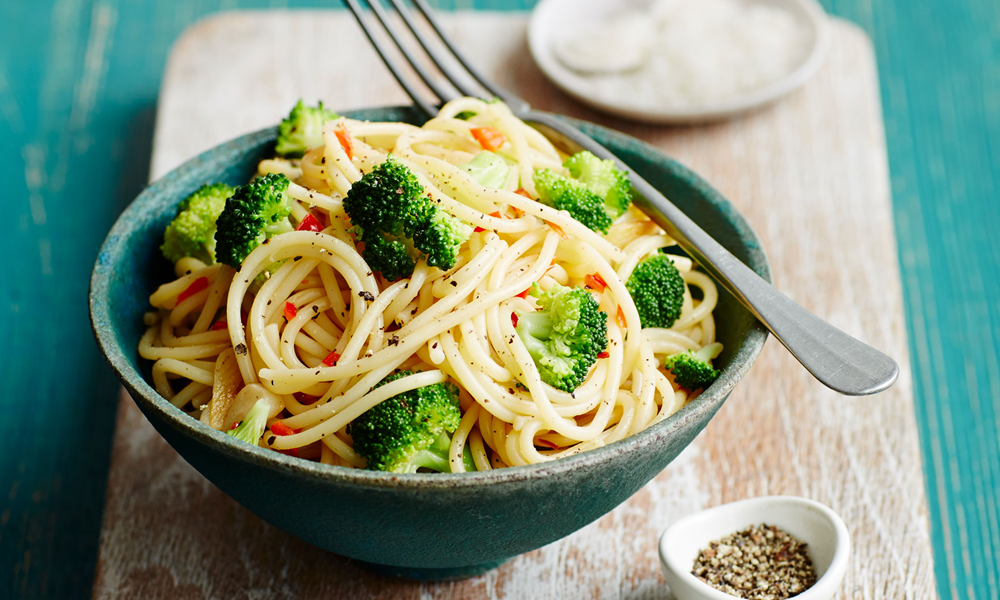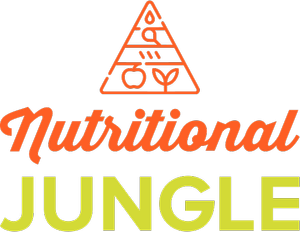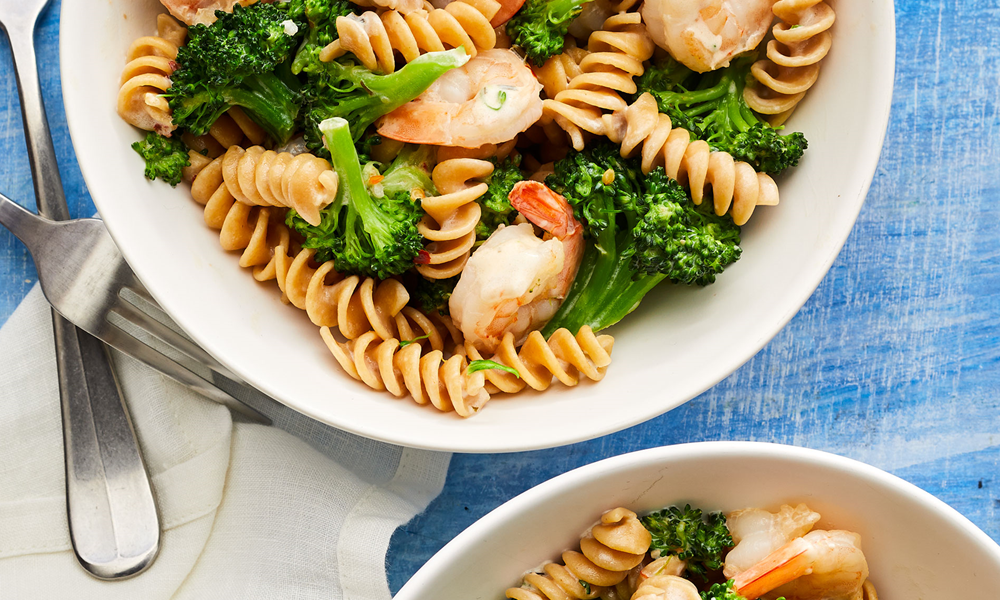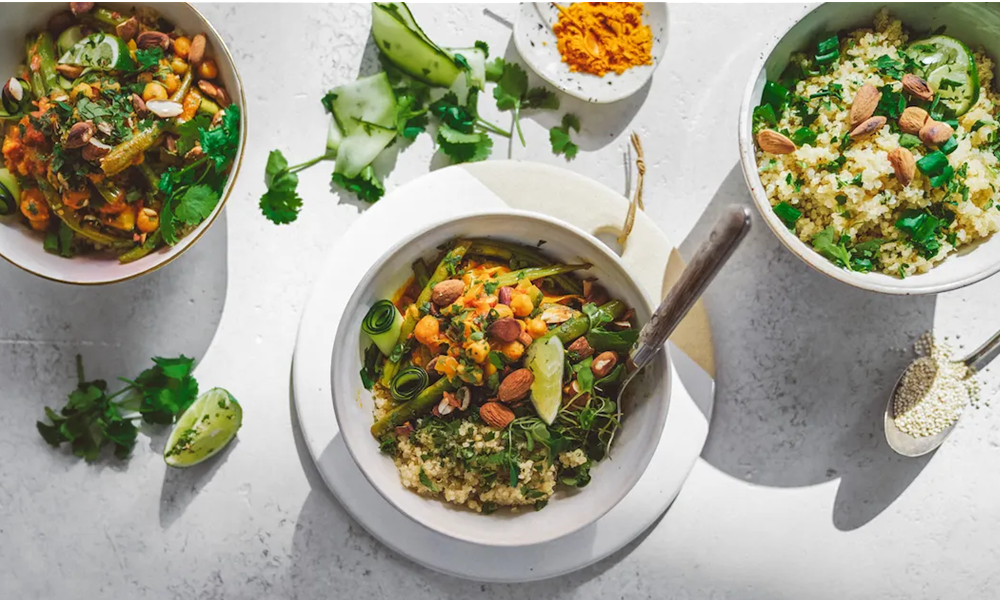Broccoli pasta is a healthy and creative way to enjoy your vegetables while getting protein and fiber.Broccoli is rich in Vitamin C, folic acid, vitamin K, and zinc – all three of which are important for bone health. It also contains magnesium which helps keep muscles working properly. Broccoli pasta is a great way to use up that huge bag of broccoli you’ve been staring at in your fridge! One head of broccoli will be enough to feed two people with this dish.
Benefits of Broccoli Pasta
1.Broccoli is rich in fiber
Broccoli spaghetti contains three grams of fiber per serving. Fiber is important for weight loss and to keep you feeling full longer. Fiber also helps people with type II diabetes by decreasing blood sugar levels and reducing insulin resistance.
2.Broccoli is rich in vitamin C
Broccoli is a complex of flavonoids, which are antioxidant compounds that help fight free radicals. Broccoli also contains iron, copper, magnesium, and phosphorus. Iron helps your body produce hemoglobin and make red blood cells. Copper helps the body absorb iron and work with proteins. Magnesium is responsible for over 300 enzymes involved in energy production, cell communication, and signal transduction. Phosphorus helps your cells make energy by combining with calcium and oxygen to form adenosine triphosphate (ATP).

3.Broccoli has protein
Broccoli pasta contains about 6 grams of protein per serving for a very low calorie count (120 calories per half cup serving). One cup of cooked pasta has about 20 grams of protein. A serving of lean meats contains about 15 grams of protein. The American Heart Association recommends that people eat a minimum of 150 grams a day (roughly the amount in 2 cups cooked pasta) to prevent cardiovascular disease, diabetes, and obesity.
4.Broccoli is rich in calcium
Broccoli contains a lot of calcium, which helps maintain bone health because calcium stops bone loss. Calcium also helps prevent muscle cramps, constipation, and osteoporosis. If you are having trouble getting enough calcium, be sure to eat plenty of greens and dairy products like milk, yogurt and cheese.



